ZSL
ZSL was established in 1826 by Sir Thomas Stamford Raffles and Sir Humphry Davy and has a long-standing tradition of contributing to the development of zoology and its practice. ZSL is the operator of London Zoo and Whipsnade Zoo, and in addition to the historical mission of education of the public, the organization has a solid foundation in scientific research and conservation programs.
It was established by Sir Thomas Stamford Raffles and Sir Humphry Davy in order to encourage zoological investigation and the understanding of animal existence. Scientific zoo that was opened for the public in 1847 was London Zoo that was inaugurated as the first scientific zoo of the world. It provided the idea of the contemporary zoological establishment that dealt with the preservation, research, and display of animals along with educating the public.
Whipsnade Zoo which is found in Bedfordshire began admitting the public in the year 1931 and is one of the largest wildlife conservation parks in Europe. It provides vast compounds in which animals can roam around in conditions that are nearly natural. Both are necessary for the organization and serve as educational and conservation institutions for millions of people annually.
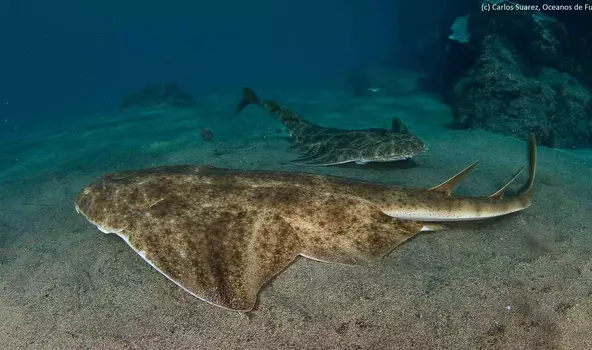
Wildlife conservation at ZSL
ZSL vision of the future is a world, where wild animals can live and develop in a better way, and where people and animals can coexist in harmony.
Realising this remains one of the biggest tasks that humanity has to undertake. ZSL’s function is to create interventions that enable humans and animals to coexist more harmoniously and to restore species and their environments. As for the strategy, it is to apply state-of-art conservation science to wildlife rehabilitation for the purpose of discovering new solutions.
Thus, by raising the awareness of the causes and consequences of the loss of biological diversity, they can expand their knowledge of the living world, discover new ways of healing and support the initiatives and actions of people around the world aimed at creating a sustainable future for life.
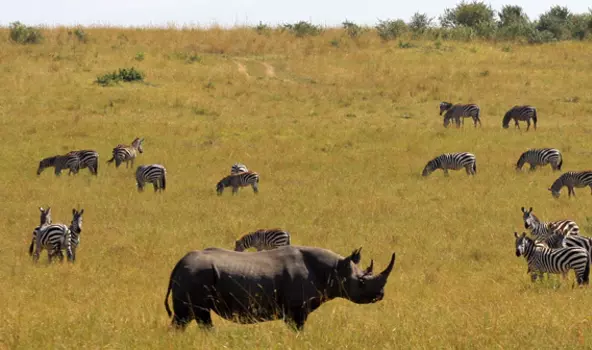
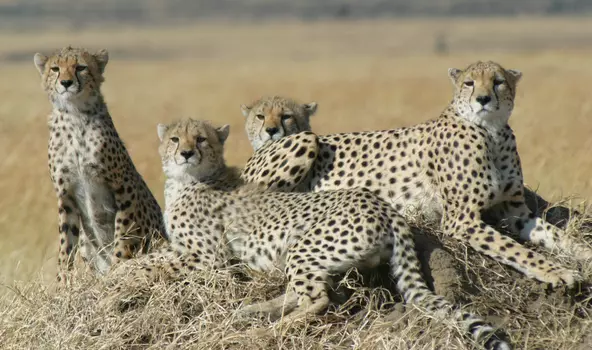 Restoring Ecosystems
Restoring Ecosystems
Conservation of ecosystems is one of the tasks that ZSL focuses on. In other words, through the process of restoration of habitats and encouraging the diversification, ZSL assists in the establishment of the conditions necessary for the existence of wildlife. In the Thames Estuary Partnership, ZSL is involved in combating pollution and overfishing in marine life, which shows an organization’s concern for both land and sea.

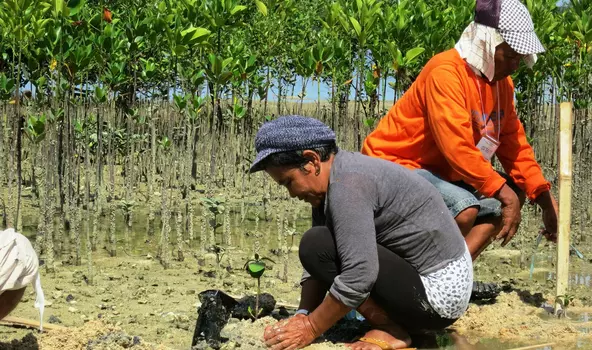 Assisting the Coexistence of People and Wildlife
Assisting the Coexistence of People and Wildlife
Communities are vital to the future of conservation and the recovery of wildlife. Equally, conservation must be fair, equitable and just for the people living in the areas they seek to support. Another major concern that is central to all the work done at ZSL is the conservation of people-wildlife relations. In this way, ZSL assists the local communities in learning about the necessity of conservation and applying sustainable activities. Such measures are crucial especially in the regions where human and wildlife interaction poses a risk to both lives and wildlife.
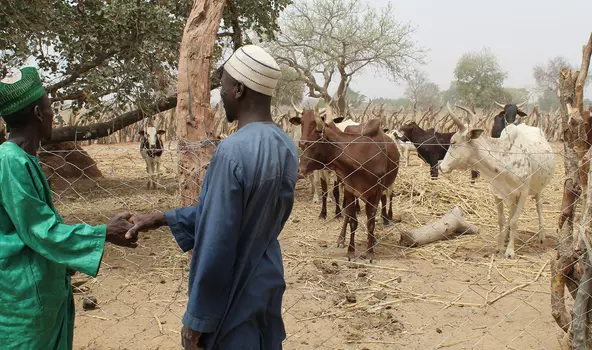
 Inspiring Support for Nature
Inspiring Support for Nature
This is the reason why support for nature is at the core of what ZSL does. Through such a close association of people with wildlife, ZSL motivates people to get involved in conservation programs. In the process of education, cooperation with the community, and public participation, ZSL helps people become agents of change for the betterment of the environment. I am grateful for your support because it assists in the conservation of endangered species, the restoration of ecosystems, and the creation of a sustainable environment. Let us be a part of the change for nature today.
Education and outreach are the core of the ZSL’s activity. London Zoo and Whipsnade Zoo are living museums that present educational opportunities for the guests. Through the presentation of information on conservation problems and the significance of bio-diversity, ZSL encourages people to contribute to the solution of the problems.
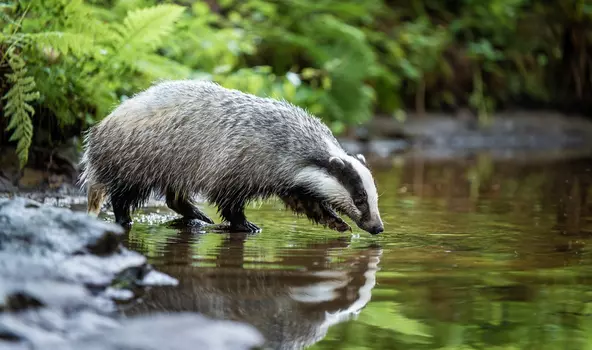
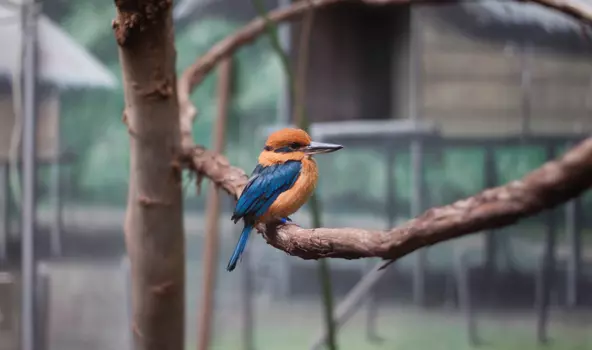
Scientific Research and Innovation
ZSL’s research arm is the Institute of Zoology where research is carried out to aid the development of policies and practices in the field of conservation. Some of them are the study of animal diseases, species recovery, and effects of climate change on animals. These studies are important in the formulation of conservation strategies and the determination of the factors involved in the ecosystem.

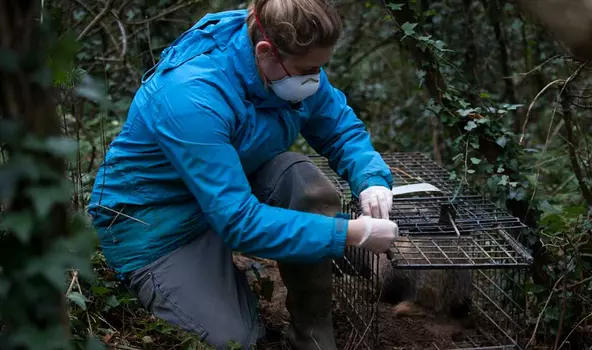
A Legacy of Conservation and Scientific Excellence
The Zoological Society of London is a bright and progressive organization in the sphere of wildlife preservation. The proven strategies of ZSL are research, conservation, education, and animal welfare, which makes a positive impact on the natural environment. While the threats to biodiversity increase, the efforts of ZSL to save species, rehabilitate habitats, and promote awareness of the world’s wildlife and ecosystems are as relevant as ever. Support ZSL and its vision for the future of the earth and become one of the many people fighting to preserve wildlife.
Join us in ZSL mission to protect wildlife and restore ecosystems around the world. To help support ZSL, come and visit their zoos, learn through their education programs, or make a contribution. If they all unite and take an effort to protect nature, they will be ensuring that all the species on earth have a future. Join ZSL today and be the change maker!



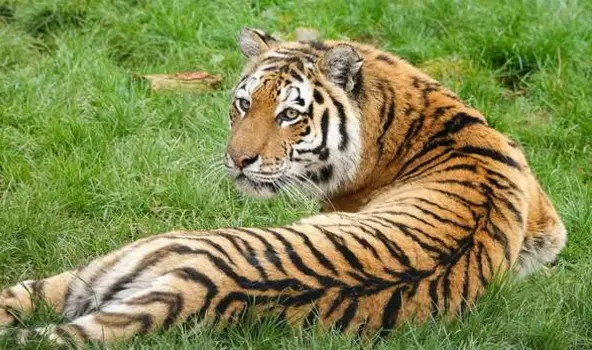

Leave a Comment